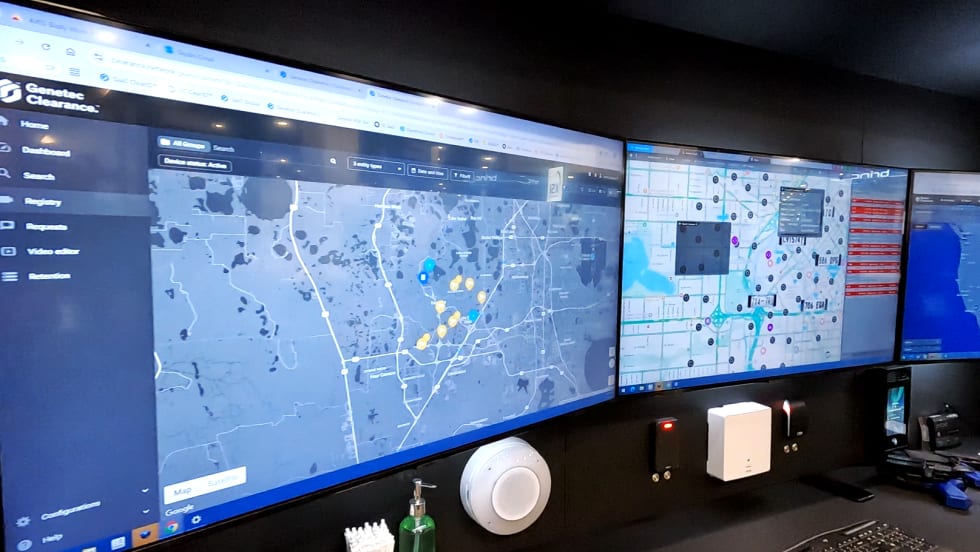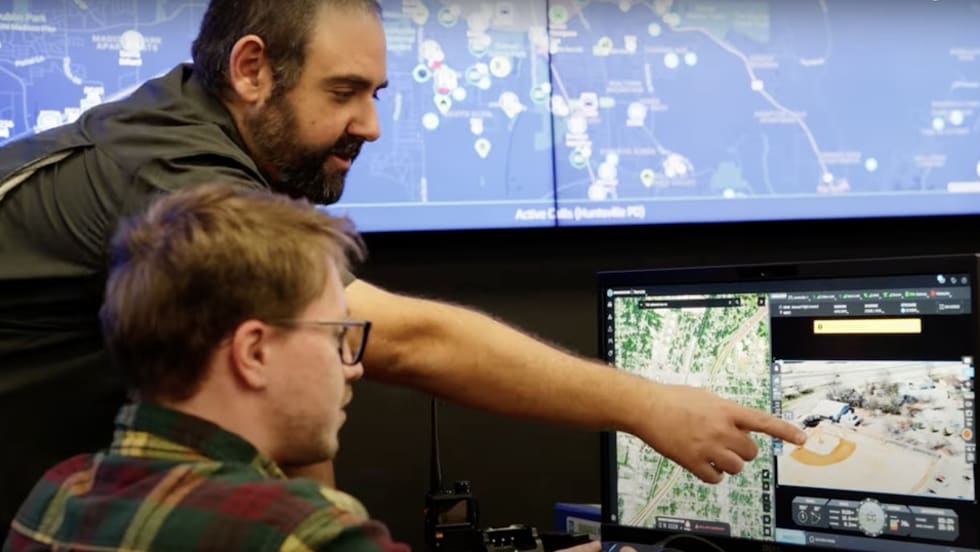Since that time, IPT has consistently lasted between 20 and 40+ hours on a single charge, depending on the types of radios they were using. Moreover, the agencies began to notice they were able to bypass the typical OE battery procurement cycle not just once, but as many as three times—so far, according to the company.
Every single battery IPT has delivered is still going strong, thus eliminating the need to order replacements. However, that doesn’t mean these agencies haven’t ordered more batteries. Regardless of whether procurement rules required bidding before buying, in every case, IPT was awarded the business. Departments have been steadily replacing the OE batteries in all radios each team uses.
IPT was recently notified it won its third bid with the City of Boston Police Department for 200 more 9858 batteries to power their XTS1500/2500 radios, bringing the total to date to over a thousand. Norfolk County Sheriff’s Department just placed its fourth consecutive order for 9858s to further equip its XTS radios. Miami Beach PD purchased 300 additional 8610 batteries for its XTS3000/3500/5000 radios, reaching a total of about 700 thus far. For its APX6000/7000/8000 radios, Sarasota PD ordered 200 on top of the previous 500-piece order of 7038 batteries, IPT’s award-winner of the 2015 Communications Solutions Product of the Year. Middlesex County PD bought more 9858s for its Motorola radios, as did Jacksonville Beach PD, and Ocean City Maryland PD purchased additional 2104s for its Harris radios.
Michael G. Bellotti, Sheriff of Norfolk County, said, "We initially ordered 100 IPT batteries to start. But when the other officers in the department saw how long the IPT batteries lasted, they requested them for their radios as well. As budget became available, we’ve continued to order more and more IPT batteries."
On the campus safety side, Tulane University is adding IPT replacement batteries for the APX and XTS radios that its security and police divisions use. Both Duke University and the University of North Carolina came back for more 9858s for their XTS radios. Brigham Young University and the University of Chicago both use XPR radios and recently returned for additional IPT batteries, while the University of North Texas expanded battery replacements in more of its 6550 Turbo radios.











